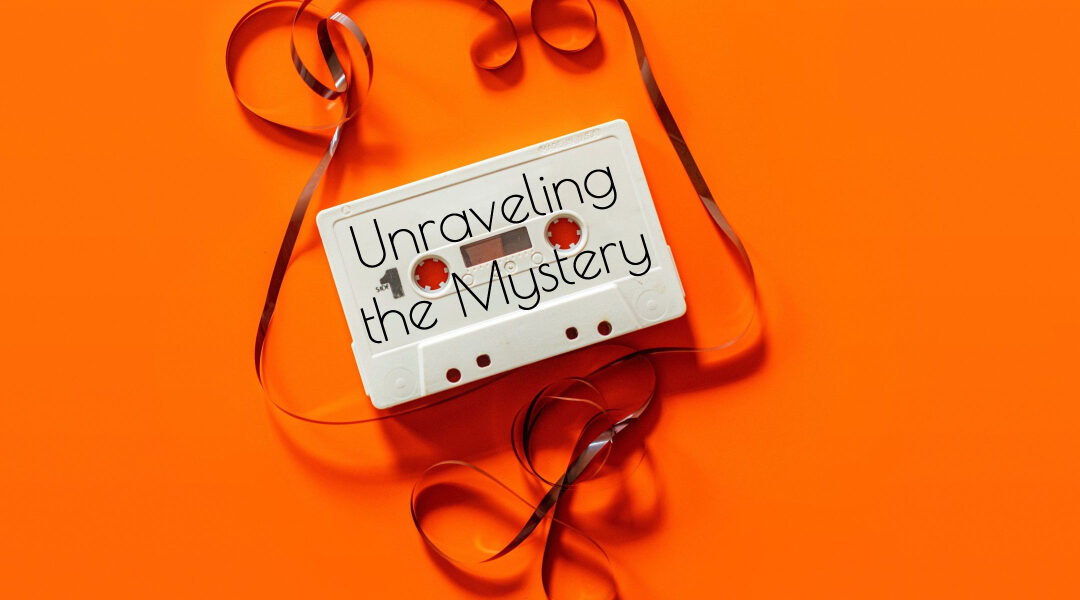In the realm of men’s health, one question has persisted: Does masturbation cause erectile dysfunction? It’s time to unravel the mystery and divulge the truth by separating fact from fiction while shedding light on this age-old query, all with a touch of humor and a sprinkle of science.
The Million-Dollar Question:
Picture this: you’re sitting around with your buddies, sipping on cold ones, and someone suddenly drops the bombshell—does self-love lead to a lackluster performance in the bedroom? It’s a topic that’s had men scratching their heads for ages.
The Masturbation Myth:
First things first, let’s debunk the myth that masturbation is the evil villain lurking in the shadows, waiting to sabotage your bedroom prowess. In reality, this notion is about as credible as believing that wearing mismatched socks will bring about the apocalypse. Masturbation is a perfectly normal and healthy activity for men of all ages.
The Root of the Rumor:
So, where did this rumor even come from? Well, it’s like that one tall tale your uncle swears is true but turns out to be an urban legend. Some folks have perpetuated the idea that frequent self-pleasure can somehow deplete your “manly energy” and lead to erectile dysfunction. But science tells a different story.
The Truth About Masturbation and ED:
Now, let’s get down to the nitty-gritty. Does masturbation actually cause erectile dysfunction? The short answer: No, it doesn’t. Masturbation is not the villain—it’s more like your loyal sidekick in the grand adventure of life.
The Science Speaks:
Research has shown that regular solo sessions can have benefits like reducing stress, improving mood, and even aiding in better sleep. If anything, it can be a champion in your corner when it comes to overall well-being. It doesn’t weaken your “manhood”; it flexes your mental and emotional muscles.
The Real ED Culprits:
Erectile dysfunction is more complex than simply pointing fingers at your solo rendezvous. It can be caused by various factors, such as:
- Physical Health Issues: Conditions like diabetes, heart disease, and high blood pressure can impact blood flow, affecting your ability to achieve and maintain an erection.
- Psychological Factors: Stress, anxiety, depression, and performance anxiety can take a toll on your sexual performance, making it challenging to rise to the occasion.
- Medications: Some prescription drugs can have side effects that interfere with your ability to perform in the bedroom.
- Lifestyle Choices: Smoking, excessive alcohol consumption, and a sedentary lifestyle can all play a role in ED.
When to Seek Help:
So, when should a man seek help for erectile dysfunction? If you find that your bedroom struggles are persistent and affecting your quality of life, it’s time to reach out to a healthcare professional. They can help you uncover any underlying issues and provide guidance on suitable treatments.
In the grand showdown between masturbation and erectile dysfunction, the winner is clear: masturbation doesn’t cause ED. In your quest for a fulfilling and satisfying sex life, enjoy being with your partner or your solo sessions without fear, and remember that ED is a complex issue with various contributing factors. When in doubt, consult a healthcare pro—they’re the real champions in your corner.

